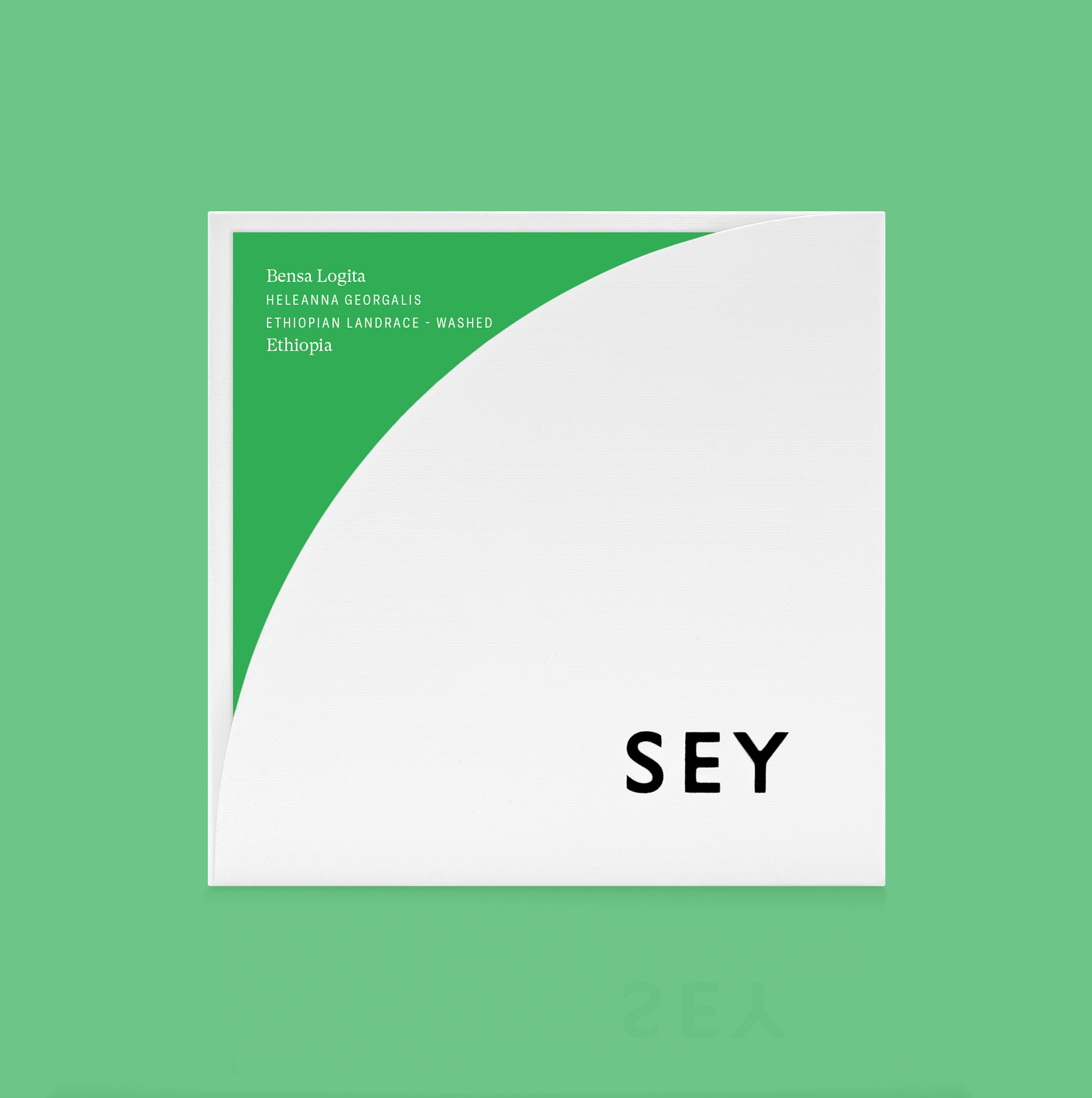
This is a beautiful coffee from Bensa—one of the most exciting new regions we've been working with in Ethiopia. In the cup, we taste ripe mango and passion fruit, with an effervescent citrus acidity.
Ethiopian Landrace
Bensa, Sidama
2,100 masl
January, 2020
Hand picked at peak ripeness. Floated to further remove defects. Depulped. Anaerobic fermented for 60 hours. Washed. Dried on raised beds for 16 days.
ABOUT BENSA LOGITA
Bensa is one of the most exciting regions in the coffee-producing world. Some of our favorite coffees continue to come out of this small area within Sidama. This washing station is owned by our exporting partner and one of our most valued relationships: Heleanna Georgalis. We are excited to continue this close working partnership. We plan on visiting Bensa this year—assuming travel becomes possible—to further explore this relatively new and exciting producing region.
ABOUT ETHIOPIAN LANDRACE
Ethiopia is widely acknowledged as where coffee originated, and its production continues to represent about 10% of the country’s gross domestic product. DNA testing has confirmed over 60 distinct varieties growing in Ethiopia, making it home to the most coffee biodiversity of any region in the world. Given the tradition of coffee production in Ethiopia and the political interworkings of the Ethiopian coffee trade, it is virtually impossible to get single variety coffee lots from Ethiopia. This is changing, albeit very slowly. Most Ethiopian coffees are blends of the many Ethiopian varieties, and referred to simply as 'Ethiopian Landrace'.
Pricing Details
Farm Gate (Local)
23 BIRR/KG
Farm Gate (USD)
$4.45/KG
FOB
$8.32/KG
FOT
$10.78/KG
The cost of getting a coffee from cherry to beverage varies enormously depending on its place of origin and the location of its consumption. The inclusion of price transparency is a starting point to inform broader conversation around the true costs of production and the sustainability of specialty coffee as a whole.